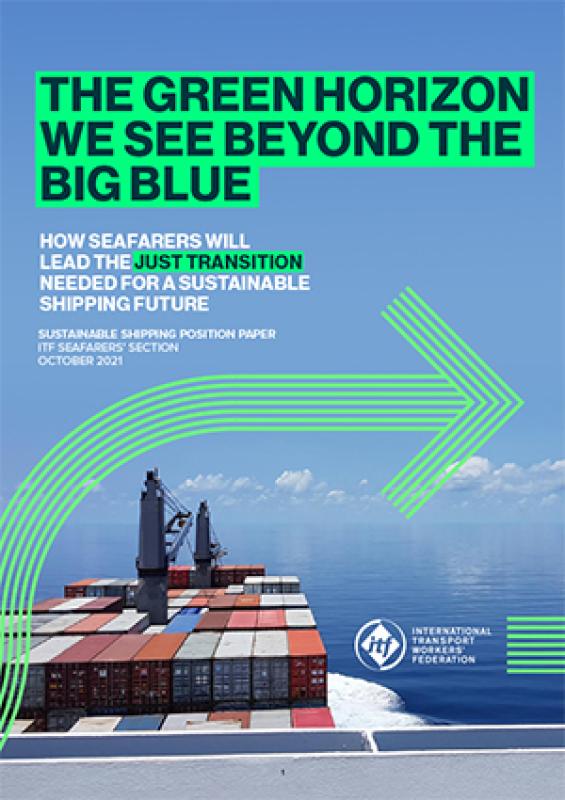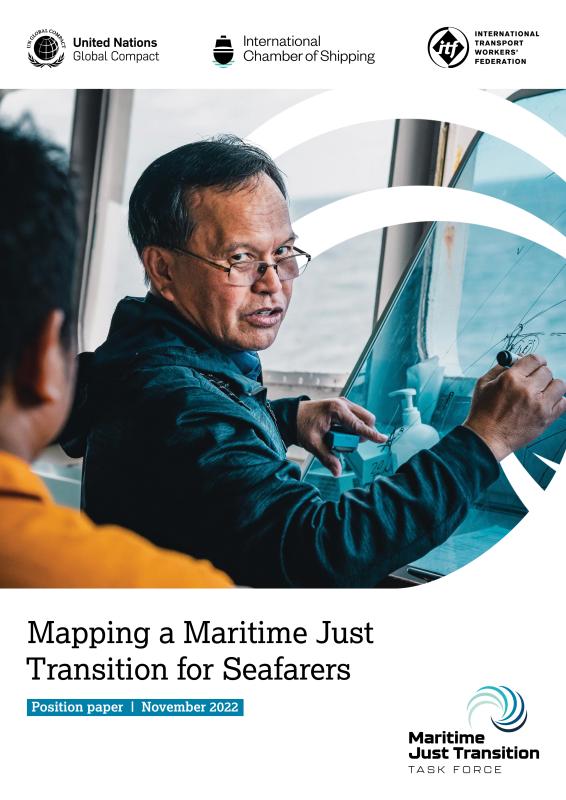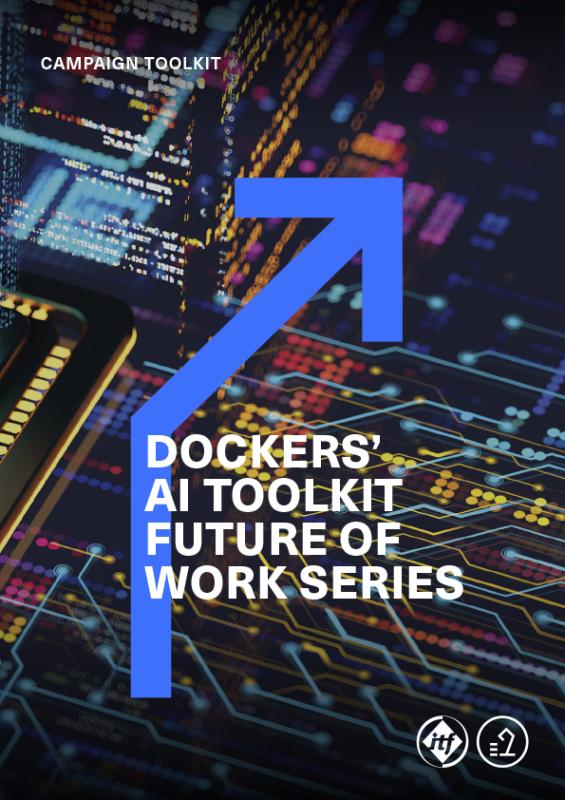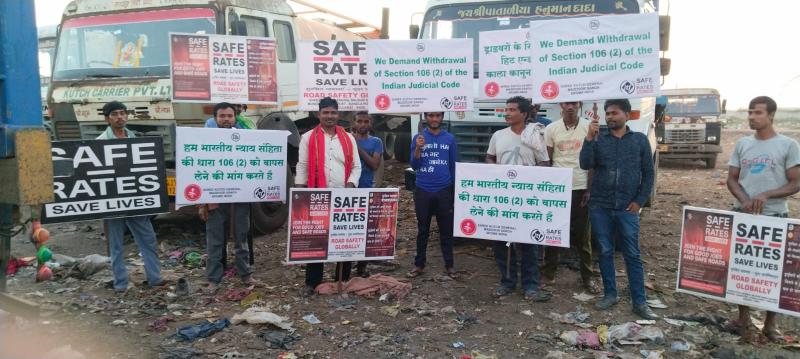Key to the solutions to reducing global shipping's emissions and achieving a Just Transition for seafarers, is unlocking the investment needed to build the training and career pathways infrastructure that seafarers need to upgrade their skills and safely handle alternative fuels.
We've put these solutions, and many more, into a 10-Point Action Plan to Achieve a Just Transition for Seafarers.
Ensure that Just Transition planning, as part of wider decarbonization plans in the maritime industry, is aligned with globally established labor standards under the Fe Maritime Labour Convention, as amended (MLC, 2006), underpinned by social
Champion ‘Diversity, Equity and Inclusion’ on board ships as a driver for better performance and risk management in the transition and beyond.
Ensure a health and safety-first approach to de-risk shipping’s green transition with fit-for-purpose training and familiarization onboard ships.
To unlock the investments needed to equip the maritime workforce with essential skills necessary for a decarbonized shipping industry, urgently establish global consensus on an ambitious decarbonization goal for shipping, that is more explicitly aligned with the 1.5°C temperature goal of the Paris Agreement. This will provide the certainty needed to stimulate the uptake of alternative fuels and clean energy technologies for shipping
Support seafaring careers both at sea and ashore, by establishing mobility frameworks for seafarers to develop transferable skills over their time on board, preparing for a career ashore, beyond seafaring.
Take active steps to address seafarer attrition, which represents a significant challenge to attract and retain seafarers (including women) for shipping's green transition.
Ensure decarbonization plans, including spending and investment, are aligned with the globally established ILO just transition guidelines,taking full account of the maritime industry’s growing need for skills to support its green transition
Strengthen global training standards for seafarers, in the ongoing by establishing mobility comprehensive review of the IMO STCW Convention and Code, identifying areas for revision. This includes replacing or updating obsolete competencies and knowledge, understanding and proficiency (KUP) in line with shipping’s digitalization evolution and decarbonization trajectory
Deliver equitable training models for all seafarers to keep up with technological advances needed to support the industry’s decarbonization and avoid a widening skills and training gap, which disadvantages seafarers, in particular from developing countries. Small Island Developing States (SIDS) and Least Developed Countries (LDCs)
Develop national maritime skills council, as advisory bodies, to complement the STCW training framework, including giving special attention to the additional skills that the maritime workforce will need to handle alternative fuels.





